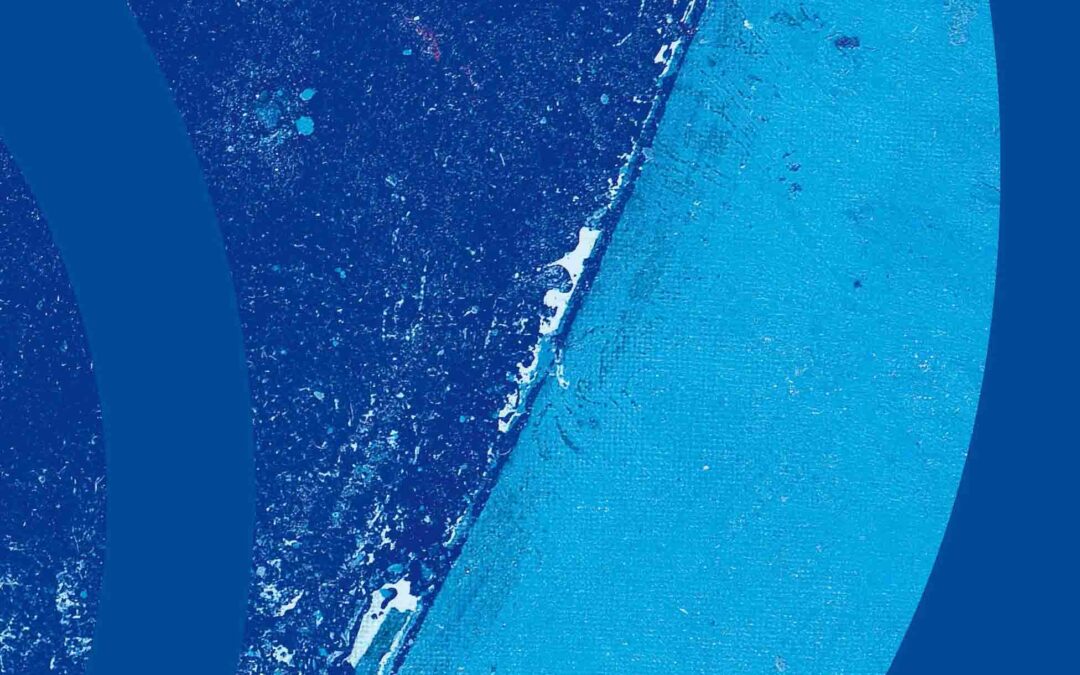
Jan 19, 2015
Es crucial que el próximo Gobierno del Dr Tabaré Vázquez en Uruguay haga todo lo posible para revertir la parálisis en las investigaciones de derechos humanos y dé un impulso renovado a la búsqueda de los desaparecidos, dijo hoy la CIJ, al anunciar la publicación de su nuevo informe.
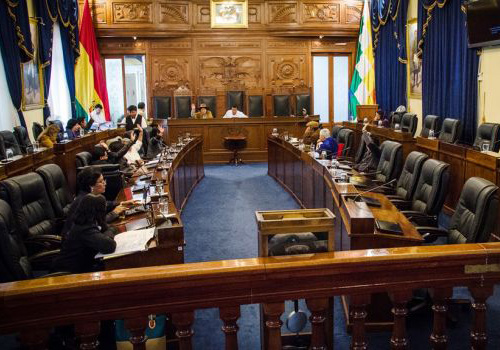
Jan 8, 2015 | News
Reacting to the Bolivian Senate’s “judgment” removing Constitutional Court judge Soraida Rosario Chanez Chire from office, the ICJ condemned the proceedings as fundamentally flawed and in violation of international standards for the independence of judges.
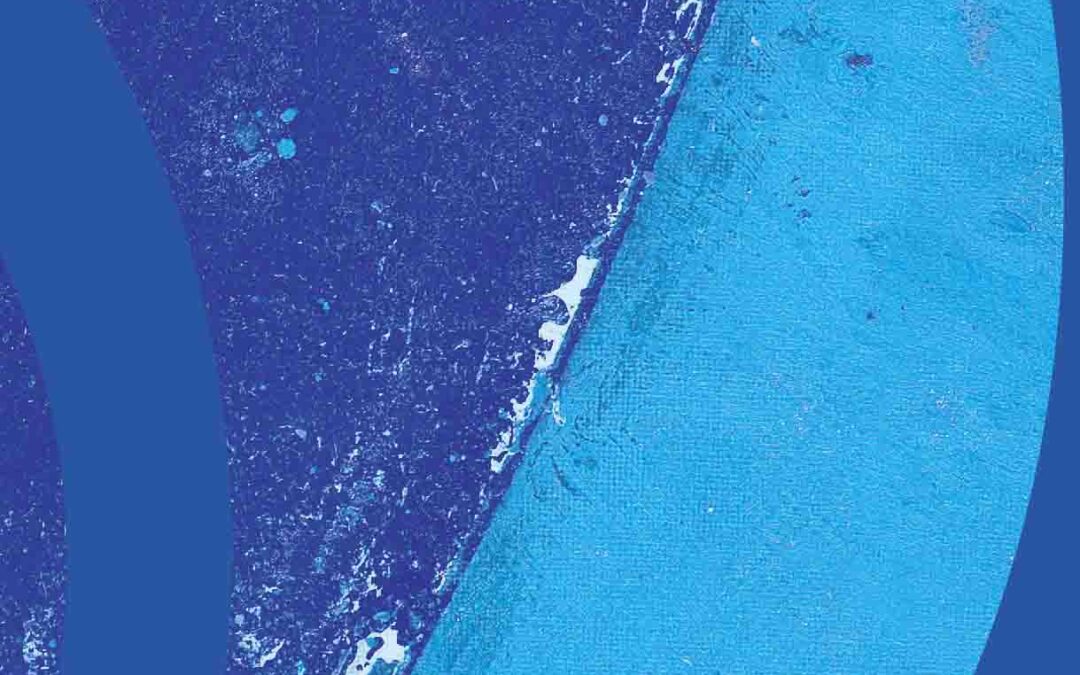
Jan 7, 2015
El presente comentario jurídico se refiere al artículo 378 del Código Penal guatemalteco, cuyo epígrafe le denomina “delitos contra los deberes de humanidad”.
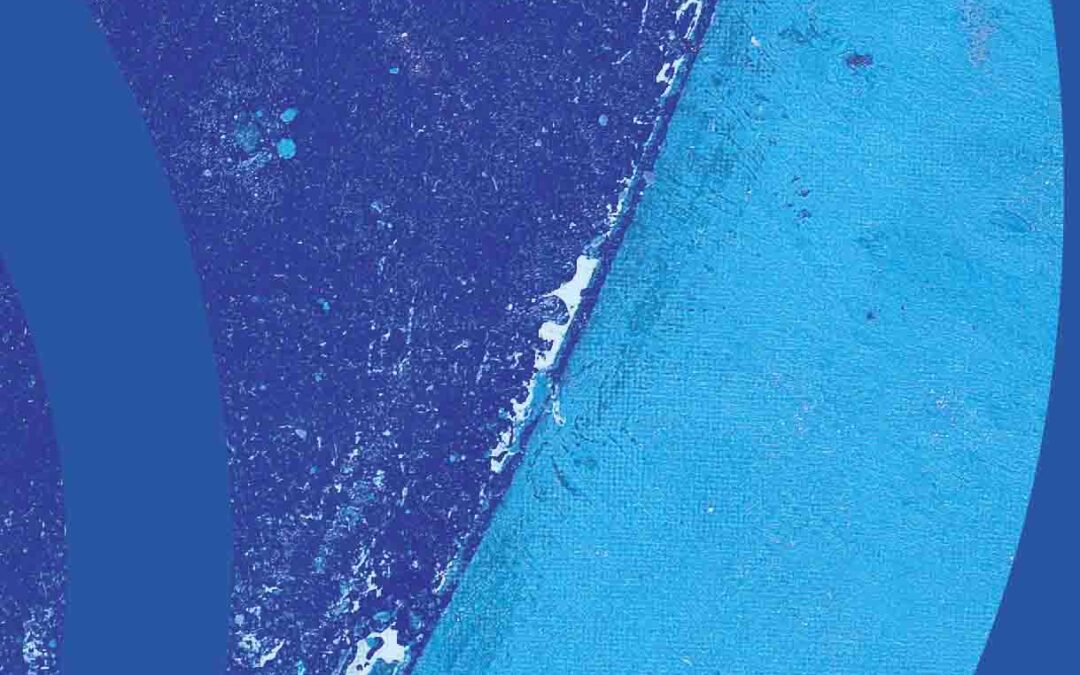
Jan 7, 2015
El presente comentario jurídico se refiere al artículo 378 del Código Penal guatemalteco, cuyo epígrafe le denomina “delitos contra los deberes de humanidad”.
En este texto se lee: “Quien violare o infringiere deberes humanitarios, leyes o convenios con respecto a prisioneros o rehenes de guerra, heridos durante acciones bélicas, o que cometiere cualquier acto inhumano contra población civil, o contra hospitales o lugares destinados a heridos será sancionado con prisión de veinte a treinta años”.
De la lectura de este artículo, podría interpretarse de forma literal que tipifica los crímenes de guerra.
Sin embargo, la redacción es un poco desafortunada por ambigua, para determinar si el mismo artículo incluye también el tipo penal de delitos contra la humanidad o de lesa humanidad.
Por lo que en la presente investigación se buscarán los fundamentos jurídicos, históricos y jurisprudenciales que permitan dilucidar si los delitos de lesa humanidad se encuentran regulados en el artículo 378 del Código Penal guatemalteco; y, en consecuencia, mediante este comentario jurídico, se determinará el alcance jurídico de dicho artículo, a la luz del Derecho Internacional y de los principios y costumbre internacional.
Este documento fue producto de una serie de talleres y conversatorios implementados por la Comisión Internacional de Juristas para Centroamérica, con jueces y magistrados del Organismo Judicial, fiscales del Ministerio Público de Guatemala y abogadas y abogados defensores de derechos humanos.
Esta edición se realizó con la ayuda financiera del Programa de Acompañamiento a la Justicia de Transición (PAJUST) del Programa de las Naciones Unidas para el Desarrollo (PNUD) y de Medico International (MI).
Guatemala-Comentario Juridico articulo 378 CP-Publications-Reports-2014-SPA (descargar en PDF)
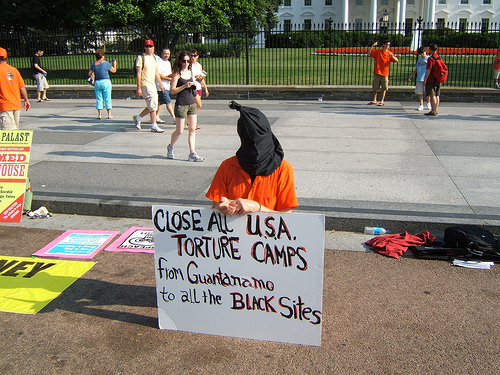
Dec 10, 2014 | News
The ICJ repeated its call for the United States to take immediate measures to hold accountable officials for acts of torture, enforced disappearance and other gross human rights violations committed in the course the CIA’s rendition and secret detention programs between 2001 and 2006.
The call follows the release yesterday of a redacted summary of the United States Senate Intelligence Committee’s report on the programs, which highlights appalling abuses committed against at least 119 persons.
The ICJ has also called for the United States to provide access to effective remedies and reparation for the victims of the violations, some of whose identities or whereabouts remain unknown.
The report exposed numerous acts of torture and cruel, inhuman or degrading treatment, including, among others: forced rectal feeding; extreme sleep deprivation for up to a week; sensory disorientation; near drowning through “waterboarding”; confinement in boxes; dousing with cold water; prolonged subjection to painful stress positions; and threats of extreme violence against family members. Some detainees were held in secret detention for years, without any contact with the outside world.
“With the partial release of the Intelligence Committee’s report, the US has finally begun to take the first steps towards acknowledging the truth of the lawless and criminal conduct in which it engaged systematically over the course of years”, said Ian Seiderman, the ICJ’s Legal and Policy Director. “It is now time for the United States to fulfill its international legal obligations and hold the responsible officials criminally accountable and ensure full reparation for the victims.”
To date, no officials have been subject to prosecution for participation in the abuses and all attempts by victims to access justice through judicial and administrative channels have been thwarted by claims of state secrecy.
The report draws attention to the complicity of a number of other States in the rendition and secret detention programs, possibly up to 54 countries according to a study by the Open Society Foundation.
The European Court of Human Rights has already found the former Yugoslav Republic of Macedonia and Poland responsible for violations in this connection, with further cases pending against Lithuania and Romania.
The ICJ also called for the United States to release the entire Senate Committee report, said to number 6700 pages, with only those very minimal redactions of personal data strictly necessary to protect serious threats, such as to children and the privacy interests of victims and their families if they so request.
“Responsibility for these criminal abuses extends not only to the CIA agents who directly carried them out, but also to officials at the highest levels of the executive, who approved and facilitated the practices, and Justice Department lawyers who provided spurious legal cover for them,” said Ian Seiderman.
Torture and enforced disappearance are crimes under international law.
United States treaty obligations, including under the UN Convention against Torture and the International Covenant on Civil and Political Rights require the prosecution of officials responsible for such acts and provision of effective remedies and reparation the victims.









